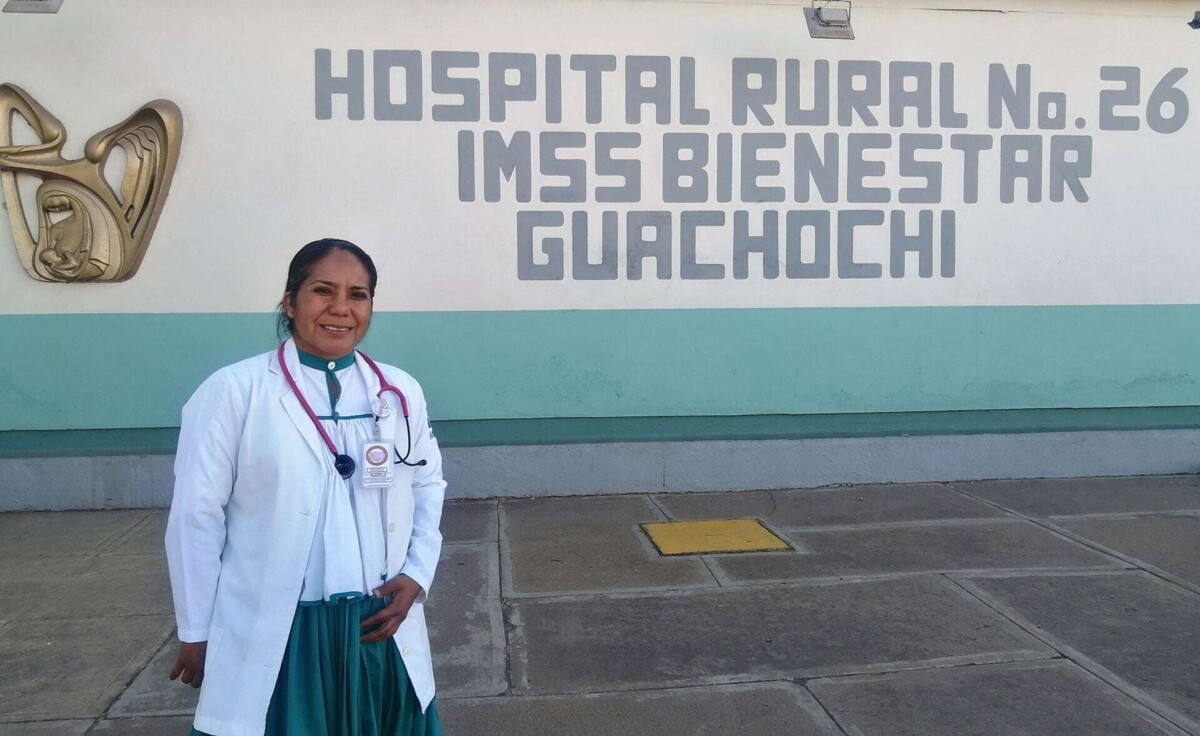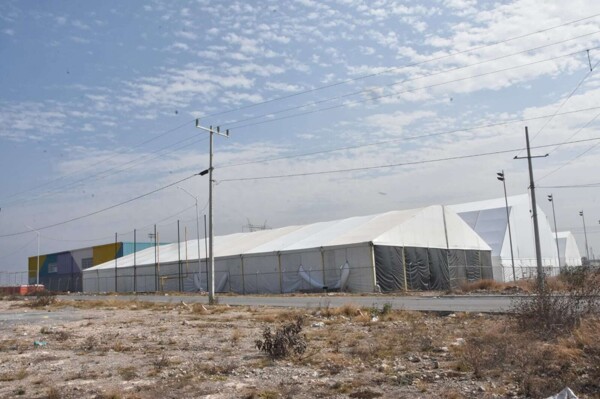
The IMSS-Bienestar program, now supported by the Federation through branch 19 and managed by IMSS under its mandatory regime, faces two crucial debates. First, the lack of foresight in resource allocation, and secondly, the confusion caused by the coexistence of two different schemes with the same name.
The "program" IMSS-Bienestar, established in 1979 as IMSS-Coplamar, a social solidarity service focused on highly marginalized communities, is affected by the absence of a budget in the PEF 2025. In response to this situation, the Technical Council of IMSS decided to use operational reserves to maintain the program during the first three months of 2025, while seeking a medium and long-term solution.
According to a health specialist, it is essential to find a solution to ensure job stability for thousands of workers and the medical attention of millions of Mexicans who rely on the IMSS-Bienestar program for medical care. The uncertainty about the future of the program raises questions about its viability and administrative continuity.
Despite the creation of the Decentralized Public Organization (OPD) IMSS-Bienestar in 2022, aimed at replacing the now-defunct INSABI and providing free medical care to the uninsured population, the original program still requires federal funding to operate. The use of operational reserves raises legal and financial issues, as these are intended for the benefits and administrative expenses specific to IMSS, according to the Social Security Law.
The health strategy of IMSS-Bienestar has benefited more than 11 million uninsured people through its hospitals and rural medical units. The lack of resource requests for the program in 2025 raises doubts about whether it was an administrative oversight, a political disagreement, or a deliberate oversight. The challenge now lies in determining the direction to take after the three months of exceptional financing, with the aim of not leaving the vulnerable population that relies on these services without support.














